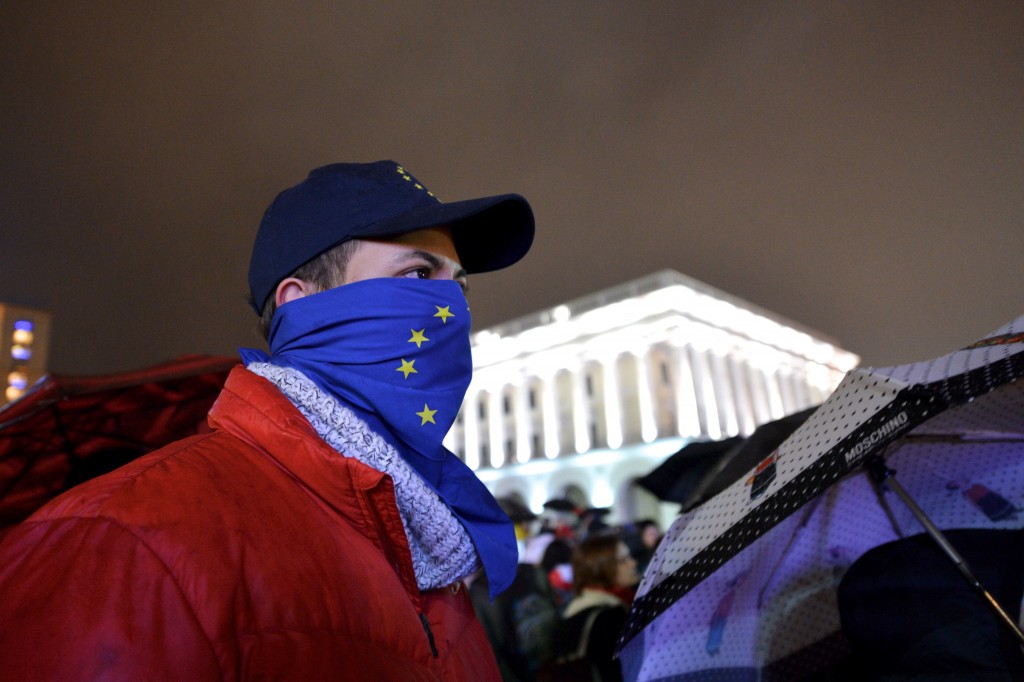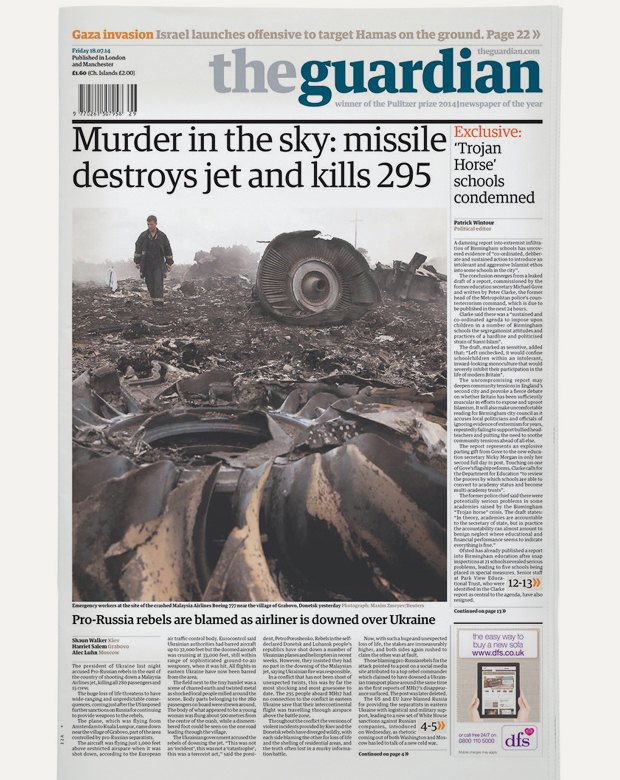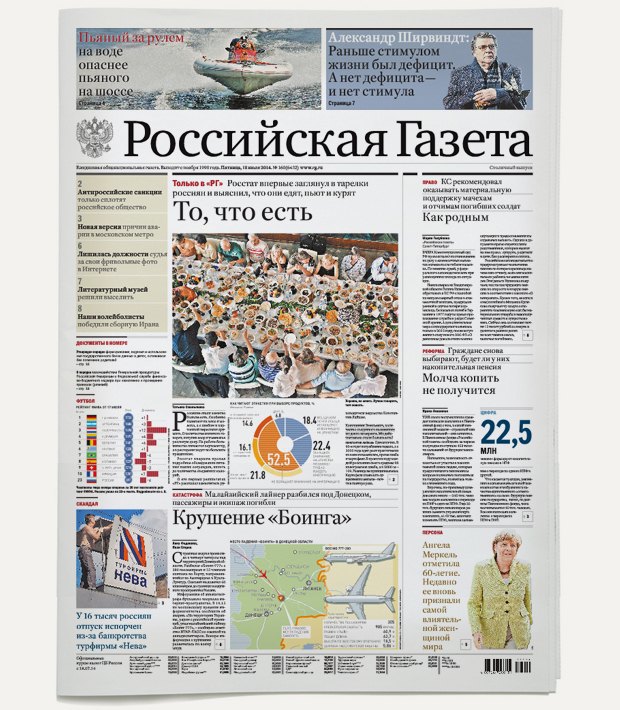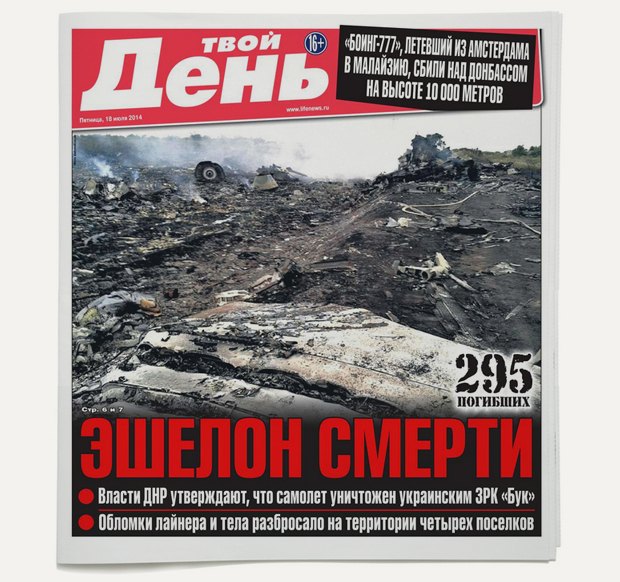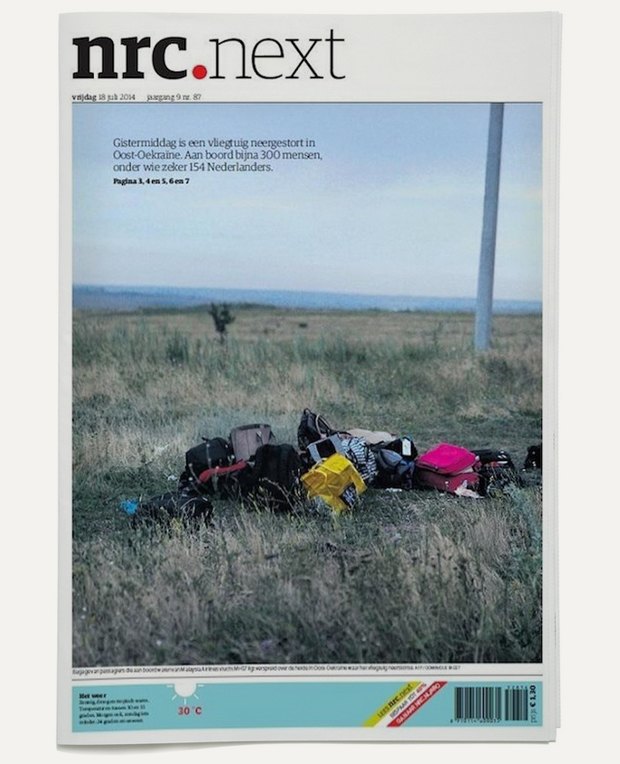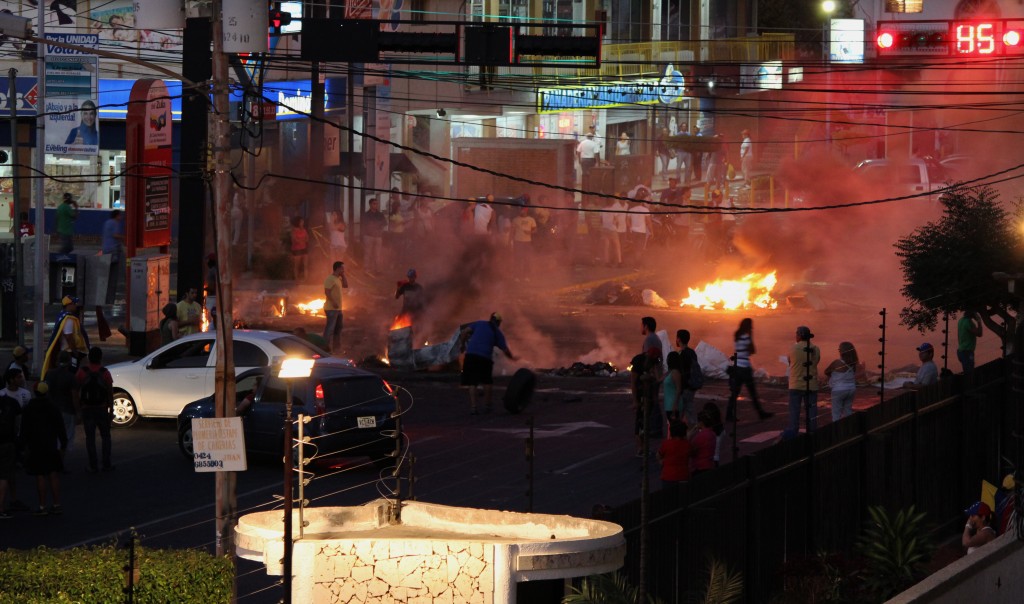
The conflict in Ukraine has inflicted immeasurable damage, decimating hospitals and schools, killing thousands of people, and forcing millions to flee the country.
In Russia, government-sponsored propaganda and reticence by both State and local authorities to publish data on losses have so far obscured the true Russian death toll. However, the war’s humanitarian cost within Russia is already emerging.
Rule of law has been in crisis in Russia for decades, but the introduction of two laws recently fast-tracked through the Duma – one criminalising participation in anti-war protests and another banning reporting or disseminating information on the conflict – have accelerated the most draconian crackdown on civil liberties witnessed in the country for more than 30 years.
Published on 06-04-22. Read on here


